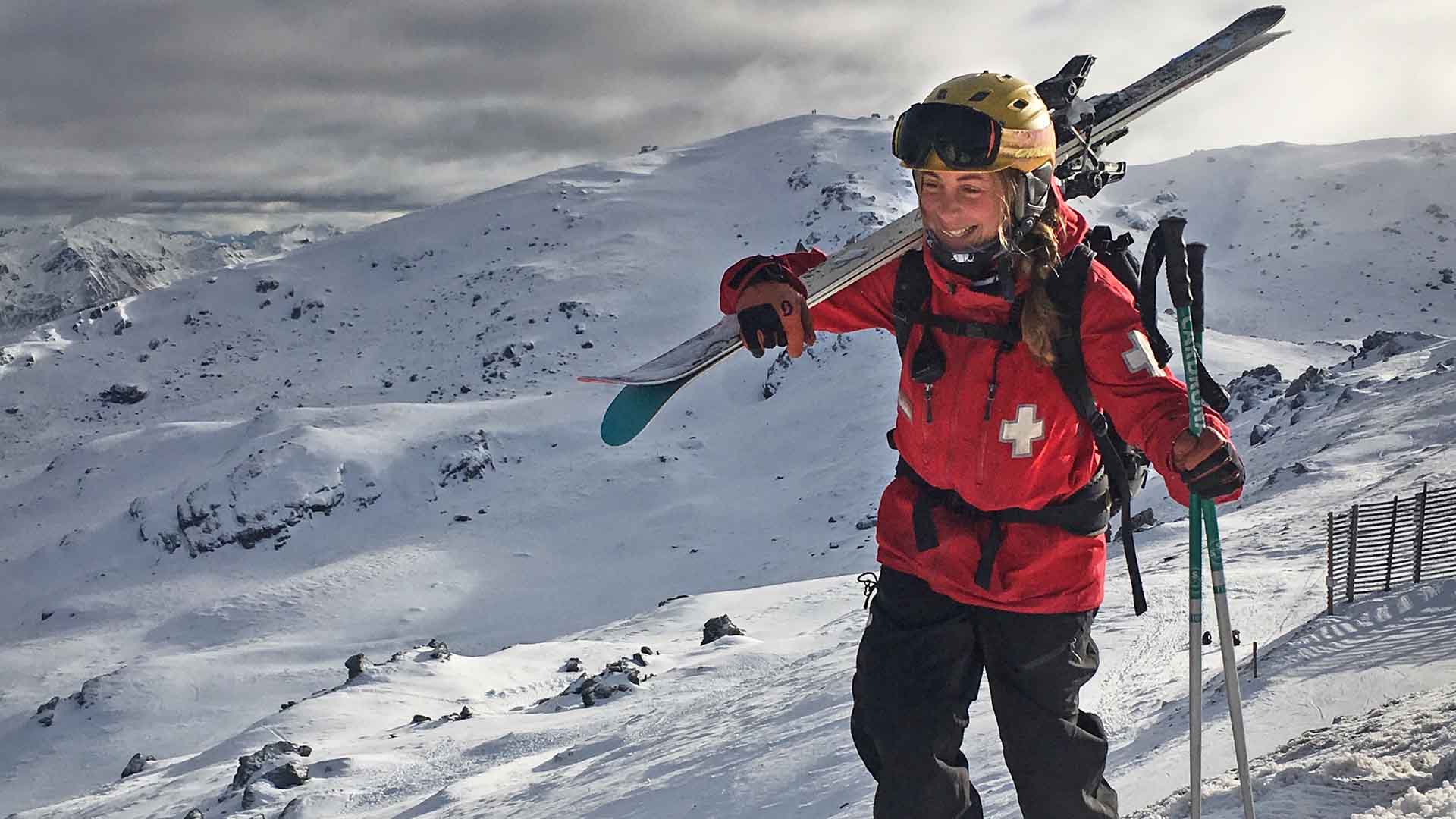Ski Patrol
Turn your love of the ski slopes into a job with the best view in the world. Tai Poutini Polytechnic’s Wanaka-based Ski Patrol programme will get you started.

Over the last 20 years, we’ve produced some of the country’s finest ski patrollers who go on to work in top ski resorts here and around the world. Trained in some of the most advanced skiing and riding terrain, including natural pipes, large open faces, terrain parks and back county, you’ll be ready to make a difference for people in the field.
Our sought-after graduates are trained in avalanche, first aid, teamwork and leadership in extreme environments under practical conditions.
TPP would like to thank RAB and Black Crows for their support.
Ski Patrol qualifications
Adventure & Tourism
If you’re someone who is at home in the mountains – and can imagine making them your office – Tai Poutini Polytechnic’s Ski Patrol programme is for you.Duration
28 Weeks Full-time
Delivery
On campus, Online
Location
Wānaka
Career potential
Ski Patroller

Ski Patrol
Kelsi Mackay
Student story
After years of constantly checking the ski report from her office, Kelsi Mackay had a “what if” moment and enrolled in Tai Poutini Polytechnic’s Ski Patrol programme in 2021.
Contact us
If you’re not sure what to study and would like some guidance, we’re here to help. Feel free to chat to us directly about any questions you may have.
